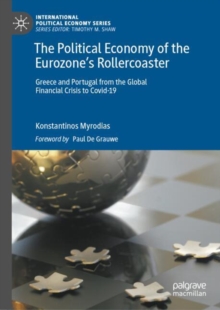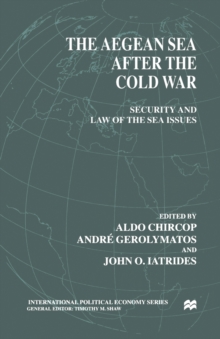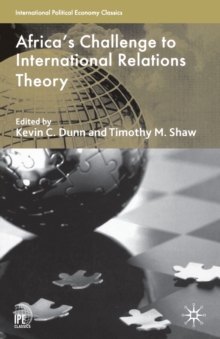
Transformative Citizenship in South Korea : Politics of Transformative Contributory Rights Paperback / softback
by Chang Kyung-Sup
Part of the International Political Economy Series series
Paperback / softback
Description
South Korea’s postcolonial history has been replete with dramatic societal transformations through which it has emerged with a fully blown modernity, or compressed modernity.
There have arisen the transformation-oriented state, society, and citizenry for which each transformation becomes an ultimate purpose in itself, its processes and means constitute the main sociopolitical order, and the transformation-embedded interests form the core social identity.
A distinct mode of citizenship has thereby arisen as transformative contributory rights, namely, effective or legitimate claims to national and social resources, opportunities, and respects that accrue to each citizen’s contributions to the nation’s or society’s collective transformative goals.
South Koreans have been exhorted or have exhorted themselves to intensely engage in such collective transformations, so that their citizenship is framed and substantiated by the conditions, processes, and outcomes of such transformative engagements.
This book concretely and systematically analyzes how this transformative dynamic has shaped South Koreans’ developmental, social, educational, reproductive, and cultural citizenship.
Information
-
Available to Order - This title is available to order, with delivery expected within 2 weeks
- Format:Paperback / softback
- Pages:286 pages, 7 Illustrations, color; 1 Illustrations, black and white; XXXII, 286 p. 8 illus., 7 illus
- Publisher:Springer Nature Switzerland AG
- Publication Date:13/01/2023
- Category:
- ISBN:9783030876920
Other Formats
- Hardback from £50.45
Information
-
Available to Order - This title is available to order, with delivery expected within 2 weeks
- Format:Paperback / softback
- Pages:286 pages, 7 Illustrations, color; 1 Illustrations, black and white; XXXII, 286 p. 8 illus., 7 illus
- Publisher:Springer Nature Switzerland AG
- Publication Date:13/01/2023
- Category:
- ISBN:9783030876920










